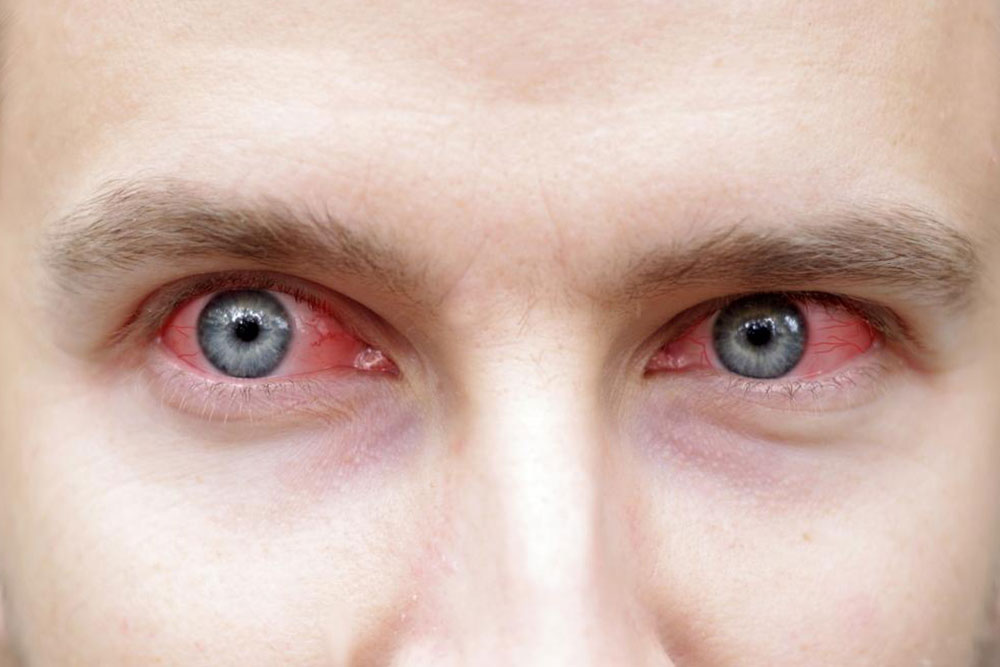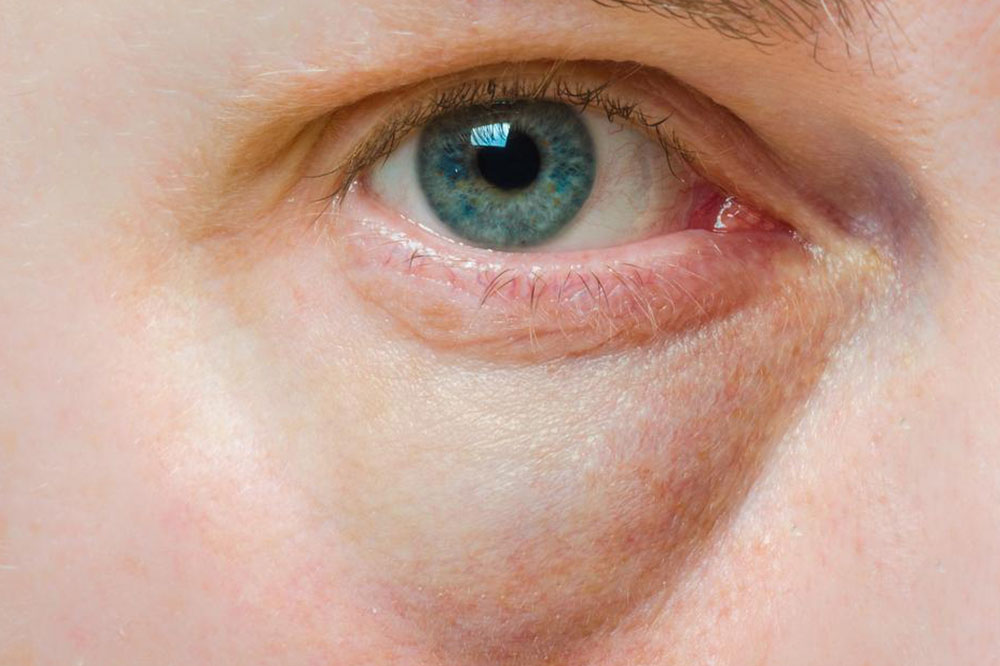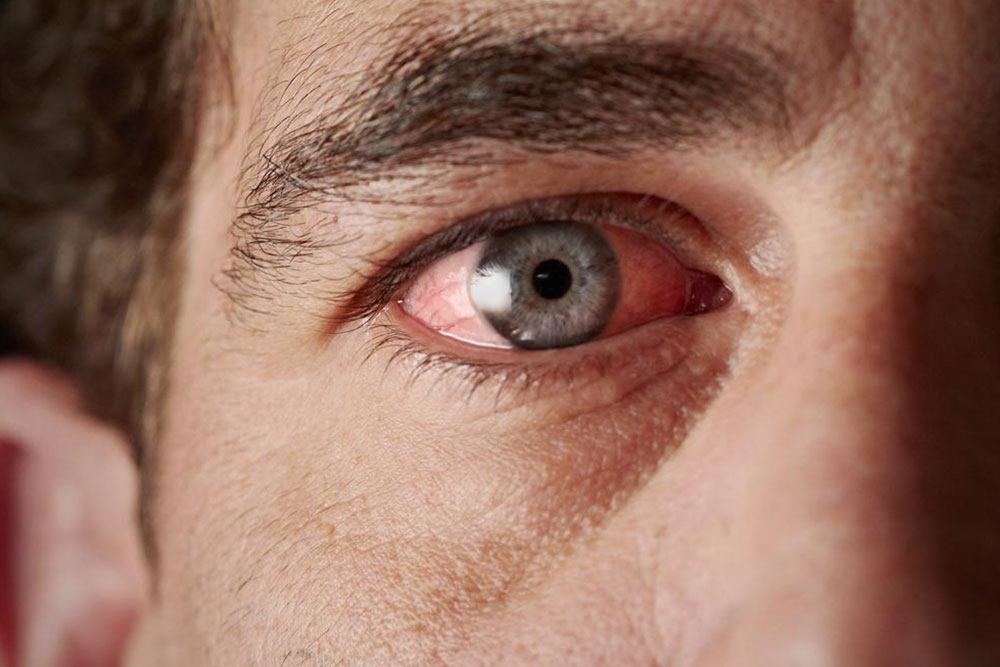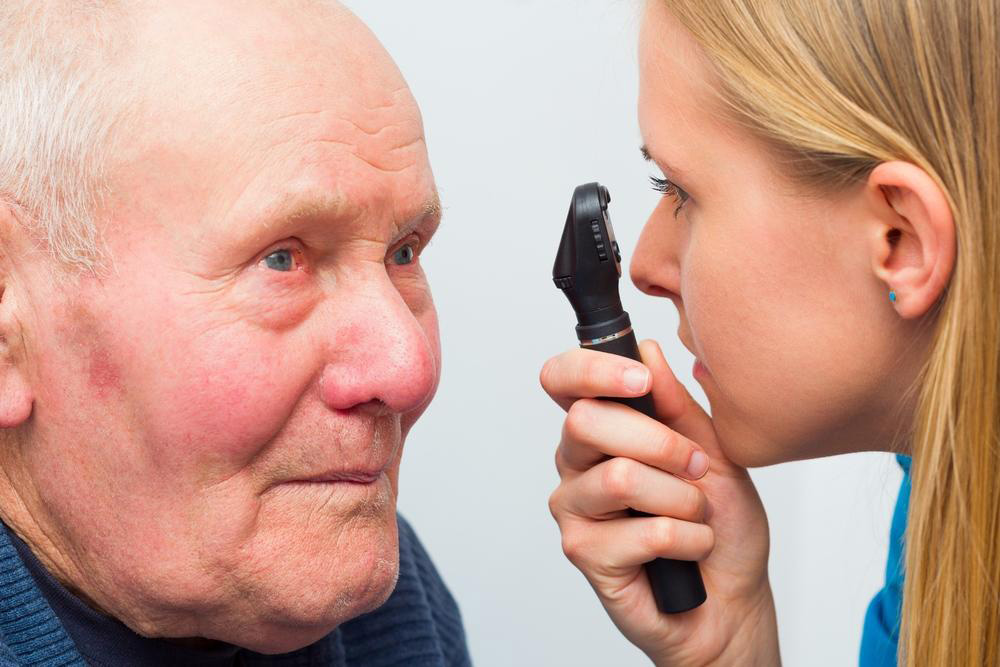Top Causes of Blepharitis and How to Recognize Them
Blepharitis, an eyelid inflammation, causes discomfort, redness, and flaky scales. Key causes include dry eyes, allergies, clogged oil glands, and rosacea. Proper diagnosis and care are crucial for effective management. Consult specialists and avoid irritants during flare-ups for relief and prevention of secondary infections.
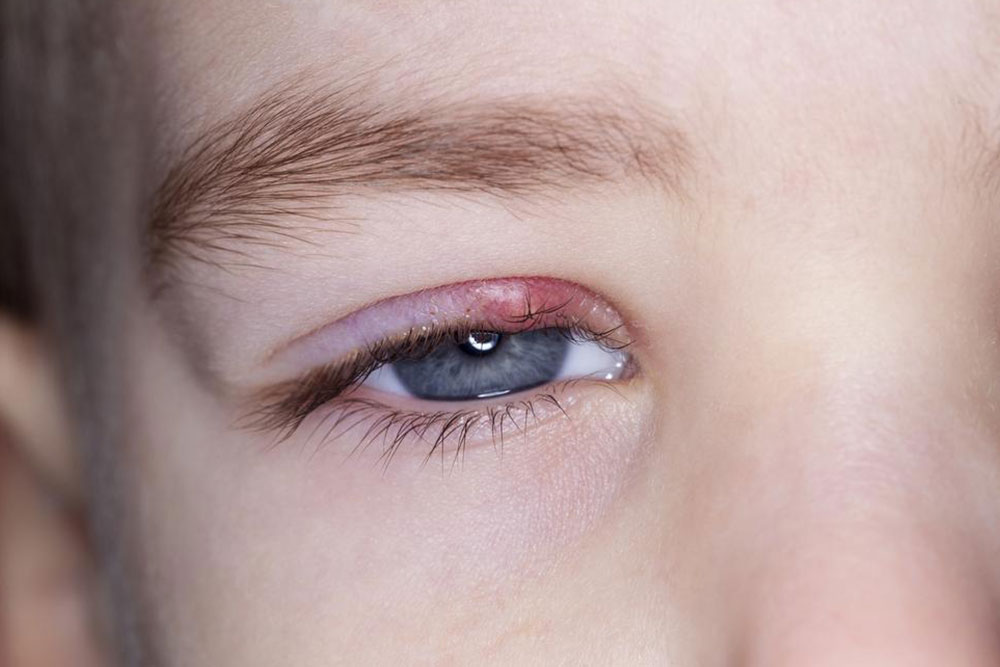
Blepharitis is an inflammatory eye condition affecting the eyelids, causing irritation, redness, and flaky scales similar to dandruff around the eyelashes. Those with blepharitis often experience burning sensations and swelling on the eyelid surface. While it can occur in people of any age and isn't contagious or sight-threatening, it leads to discomfort, blurred vision, and misdirected eyelashes. If worsened, touching the inflamed area can result in secondary infections. Proper diagnosis and care are essential for relief.
Several factors can trigger blepharitis, but no single cause is definitive. It can be classified as ulcerative or non-ulcerative, depending on its presentation. Common factors include:
Dry Eyes - Insufficient moisture in the eyes fosters bacterial growth, which can lead to inflammation of the eyelids.
Environmental Allergies - Allergic reactions to airborne substances may cause eye redness and swelling, elevating blepharitis risk.
Obstructed Oil Glands - Malfunction or blockage of eyelid oil glands impairs eye moisture and promotes infections, contributing to blepharitis.
Rosacea - This facial skin condition associated with redness may be linked to eyelid inflammation, though research is ongoing.
Consult a healthcare professional specialized in eye diseases for diagnosis and treatment. Avoid makeup and contact lenses during flare-ups to aid recovery and prevent secondary infections.
Note: Our website provides valuable information across various categories, but please consider this information as general guidance. For accurate diagnosis and treatment, consult your healthcare provider. We are not responsible for discrepancies or inaccuracies in other sources or for promotional offers outside our coverage.




